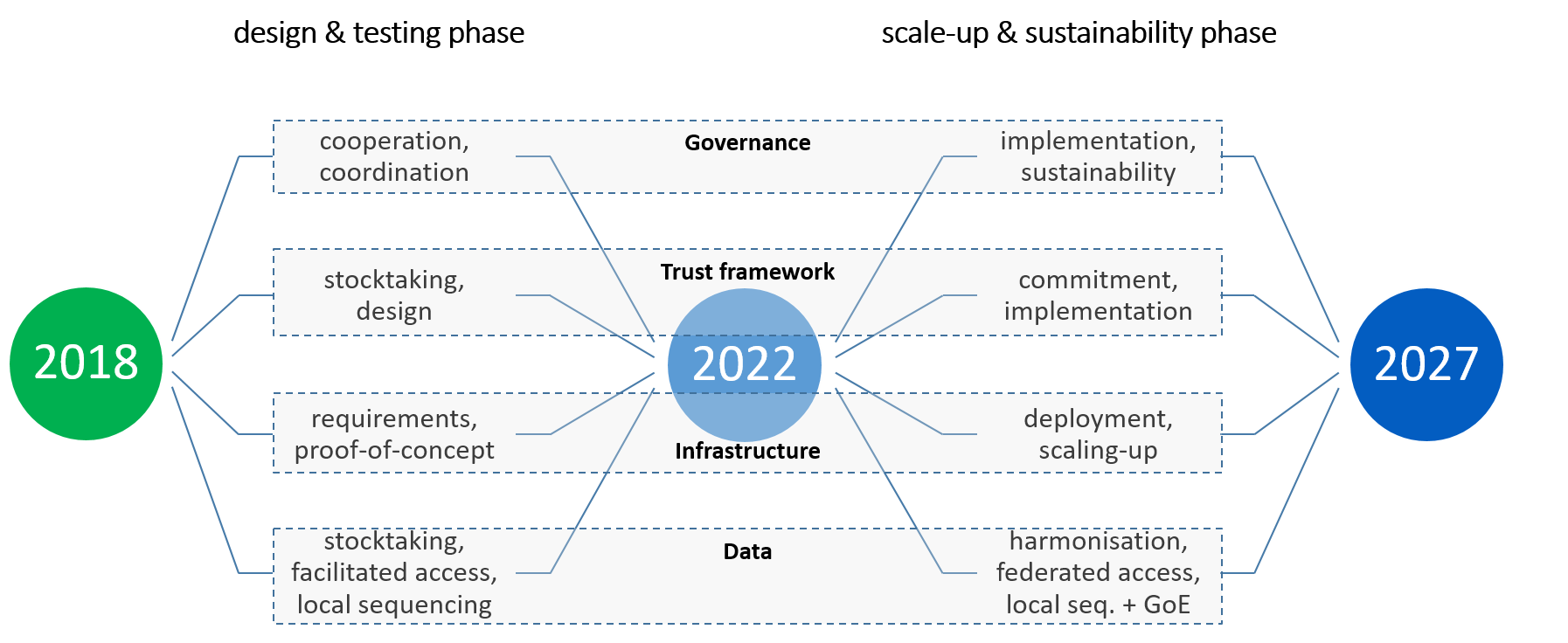To address rising concerns about data privacy and national security, Luxembourg has launched a new instant messaging app managed at the national level. This groundbreaking initiative, born from a partnership between public and private entities, provides citizens with a reliable and feature-packed alternative. It emphasizes both innovation and the development of a secure and advanced digital infrastructure.
Acknowledged widely, human freedom plays a vital role in one's identity and existence. Nevertheless, this recognition has not resolved the ongoing tension between individual privacy and national security. This tension is compounded by concerns about achieving a delicate balance between the two, which become increasingly pronounced as technology advances daily.
Luxembourg, like other European countries bound by European Union standards, including the General Data Protection Regulation (GDPR), faced similar challenges in this regard. However, the government observed a simultaneous rise in privacy concerns alongside security challenges, particularly given the prevalent practice of monetizing user data in many instant messaging applications.
Therefore, the government launched a partnership with the Chamber of Commerce and several private entities to develop "LuxChat," which offers citizens, businesses, government employees, and residents of border areas a free, secure, trusted, ad-free instant messaging option that does not use personal data for commercial purposes.
The application allows its users to share text messages, documents, images, and videos in individual or group chat rooms, in addition to making voice or video calls, sharing their geographic location, and more.
At the heart of Luxchat's operation is the use of the Matrix protocol - an open-standardized system for instant communication. This choice was strategic, ensuring security and data sovereignty while also allowing for open and interoperable communication with any other system based on the Matrix protocol.
During the software design phase, the development team prioritized fully encrypting communications, ensuring that only the parties involved have access to them. Additionally, all data is hosted in secure data centres within the borders of Luxembourg, not in any other country. The application has been made available on multiple operating systems such as Android, iOS, and through the web, while work is underway to release versions that operate on various personal computer systems.
The team also allowed access to the application through a network of independent service providers, as long as they adhere to standards of technical quality, security, and personal data protection, without obligating them to offer free services. While users receive basic messaging services for free, service providers can introduce paid versions or develop other services for additional fees.
After everything was set up, the "Internet Days in Luxembourg" event was chosen as the occasion to announce the application. It's an event that brings together those interested in information technology and telecommunications, discussing their developments in the country and the region. Then came the initial launch of the application through a version called "LuxChat for Gov," dedicated to government employees who used the application for work purposes during its trial period, but within a controlled environment, to test it, identify any errors, and address them if found.
November of the following year witnessed the official launch of the application, making it accessible to individuals, companies, and associations.
From there, the first challenge emerged, which is achieving widespread adoption. People tend to gravitate towards familiar habits, so there was a need to encourage them to try and embrace the new application. This is part of a larger challenge, which is building trust in the national alternative and increasing public awareness of the importance of data privacy and secure communication. The solution to both challenges lies in the quality of the application provided. This poses a third challenge, requiring the team to exert tremendous effort in developing a messaging service that adheres to high data standards, including comprehensive encryption and privacy, complies with the General Data Protection Regulation (GDPR), and does not compromise the user experience simultaneously.
The result of this effort is reflected in an application that offers diversity, security, and user convenience. It enhances digital infrastructure, innovation, excellence, and specially designed services in the digital communication sector. It supports integration between the public and private sectors, stimulating local economic growth, especially in the technology sector. It provides an opportunity for both leading and emerging companies to participate in a high-level national project.
On the government level, the application has succeeded in simplifying communication among employees of state institutions and ensuring the confidentiality of the information they exchange, thereby contributing to enhancing operational efficiency.
By establishing a model within the European Union, Luxembourg has taken a notable step towards digital independence with its locally developed messaging platform. What's key here is that the app addresses citizens' evolving needs while ensuring their security, aligning with the goals of many governments in today's digital era.
References:
- https://joinup.ec.europa.eu/collection/open-source-observatory-osor/news/luxembourg-launches-open-source-chat-officials-and-citizens
- https://www.luxchat.lu/
- https://www.cc.lu/toute-linformation/actualites/detail/luxchat-la-messagerie-instantanee-luxembourgeoise-de-confiance-pour-tous?utm_source=substack&utm_medium=email
- https://www.rtl.lu/lifestyle/tech-world/a/1992883.html






